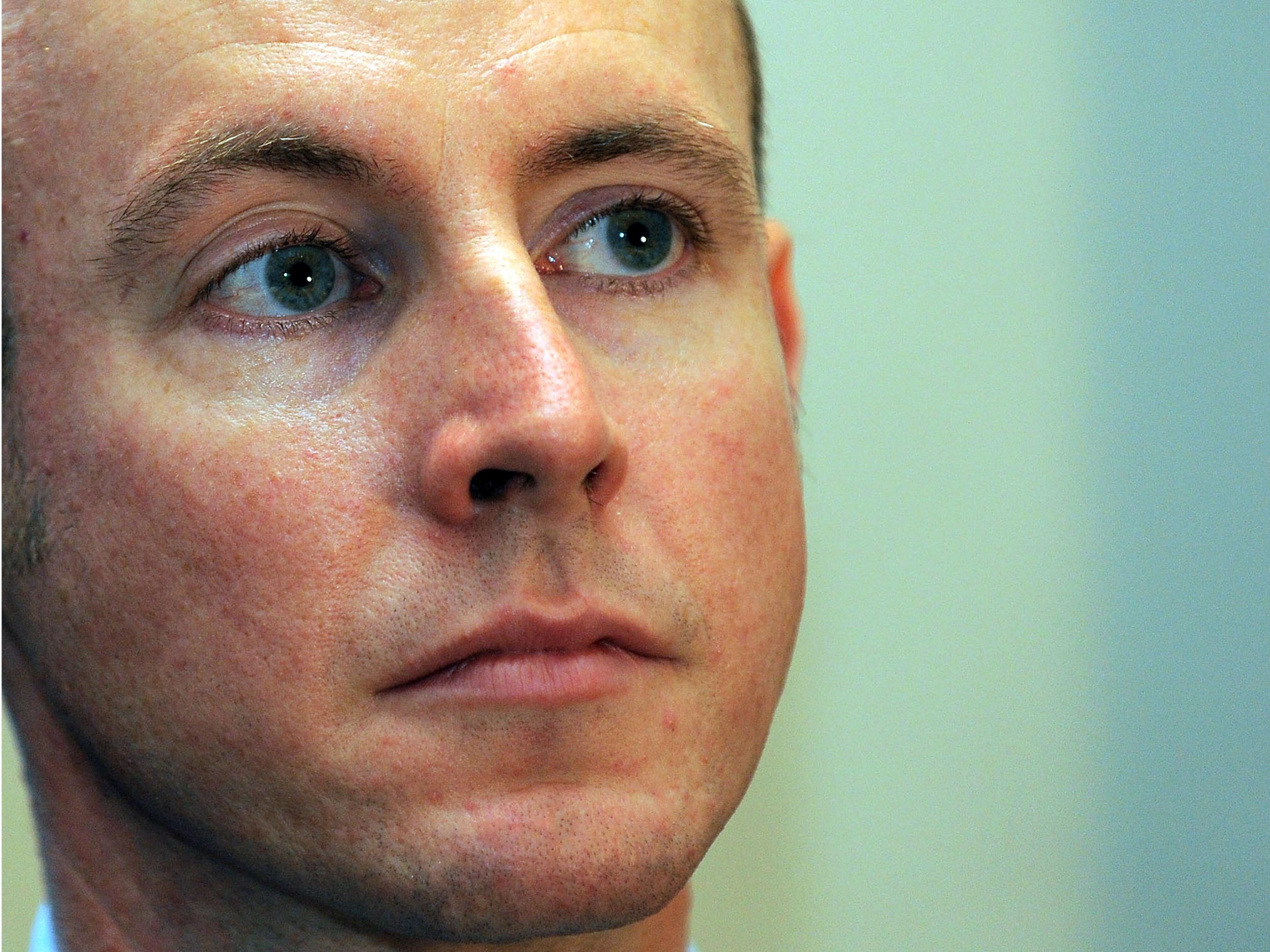Tory Leave campaigner denies Brexit caused hate crime increase
The number of hate crimes committed in the UK rose by 58 per cent in the week after the EU referendum, with even higher increases in many areas that voted strongly to leave

Your support helps us to tell the story
From reproductive rights to climate change to Big Tech, The Independent is on the ground when the story is developing. Whether it's investigating the financials of Elon Musk's pro-Trump PAC or producing our latest documentary, 'The A Word', which shines a light on the American women fighting for reproductive rights, we know how important it is to parse out the facts from the messaging.
At such a critical moment in US history, we need reporters on the ground. Your donation allows us to keep sending journalists to speak to both sides of the story.
The Independent is trusted by Americans across the entire political spectrum. And unlike many other quality news outlets, we choose not to lock Americans out of our reporting and analysis with paywalls. We believe quality journalism should be available to everyone, paid for by those who can afford it.
Your support makes all the difference.A prominent Conservative has been sharply criticised after rejecting strong evidence that the EU referendum campaign fuelled a surge in hate crimes.
Daniel Hannan, an MEP and a leading Leave campaigner, accused the media of “jumping on” cases of people who have been attacked or abused which had nothing to do with Brexit.
And he said it was an “insult” to the majority of the British public who voted to leave the EU to draw any connection with hate crimes.
Tim Farron, the Liberal Democrat leader, immediately accused the South East MEP of being “blind to the simple truth that the nasty, divisive campaign stirred up by Leave has had terrible consequences.”
Immediately following the June referendum, police figures recorded a huge increase in hate crimes across England and Wales, with the number of incidents still up year-on-year.
And the United Nations UN’s Committee on the Elimination of Racial Discrimination pinned the blame on the “divisive, anti-immigrant and xenophobic rhetoric” of some British politicians.
But, asked by Sky News about the increase in hate crime, Mr Hannan said: “I don't accept that and I think it's a tendentious thing to put the question in the way that you do.
“There has been for a long period a rise in the reporting of hate crime incidents because of the way in which the police have their websites and treat every report as an incident.
“There hasn't been any increase in the number of cases referred for prosecution and some of the cases that the media have jumped on have turned out to have nothing to do with Brexit at all.”
Mr Hannan said “any kind of intolerance, any kind of hateful incident” should be condemned.
But he added: “To insult 52% of the British electorate by suggesting that there is some connection between voting to take back our laws and being unpleasant to people who have made their lives here, I think that's an extremely dangerous way of going.”
Mr Farron said: “What I think is dangerous is Dan Hannan's outright rejection of facts.
“Figures released by the National Police Chiefs’ Council show that in the week following the vote to leave the EU the number of incidents rose by 58 per cent.
“It is quite clear but Dan's EU hatred seems to blind him to the simple truth that the nasty, divisive campaign stirred up by Leave has had terrible consequences.”
Many areas that voted strongly for Leave posted even higher increases, police figures obtained by The Independent showed.
Towards the close of the campaign, Ukip leader Nigel Farage was widely criticised for unveiling a poster with pictures of Syrian refugees alongside the caption the “breaking point”.
He was also criticised for saying the referendum campaign had been won “without a shot being fired” – despite the fatal shooting of Labour MP Jo Cox.
Just two weeks ago, Poland's Ambassador to the UK said his staff had deal with “15 or 16 such situations” since the referendum result.
He spoke as he visited Harlow, where Polish man Arkadiusz Jozwik was attacked and killed in a suspected hate crime by six teenagers.
Join our commenting forum
Join thought-provoking conversations, follow other Independent readers and see their replies
Comments